Which movies are based on novels to binge-watch
Which movies are based on novels to binge-watch
Updated on September 08, 2022 17:00 PM by Andrew Koschiev
So many movies are based on novels. But there are only a handful of good movies based on novels.
You can't blame it on Hollywood because it is quite difficult to fit a novel's treasure of character and plot development in a few hours. That's why the most amazing movies based on movies usually feel like companions instead of simply retelling the book. Some movies include new scenes or play with the story to make it more appealing to the modern audience. Others just include some beautiful soundtracks to elevate the emotions shown on the screen.
The below-given list has some of the best movie adaptations of all time. Real-life novels are also included so that you can add them to your reading list. We bet boredom will not come near you while you binge-watch these movies.
Also Read: Most expensive budget movies ever made
The Godfather – 1972, 1974
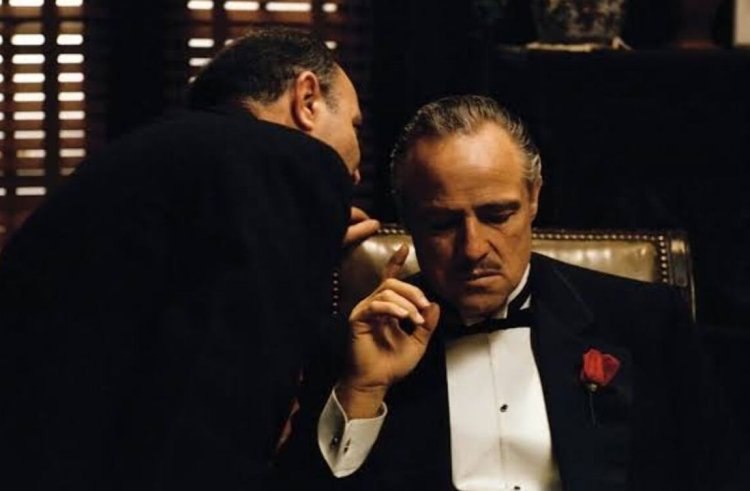
Mario Puzo's The Godfather is an absorbing, dark thriller that horrifies, fascinates, and entertains. The first two movies Francis Ford Coppola made on the book enhance the filthy story into dramatic victories, which some regard as two of the greatest movies ever made. Both movies won Oscars in the category of Best Picture (the second part of the movie was the first one to one to do so) and Best Adapted Screenplay.
Also Read: Celebrities Who Have Admitted to Getting Injections and Plastic Surgery
Add Block
Little Women – 2019
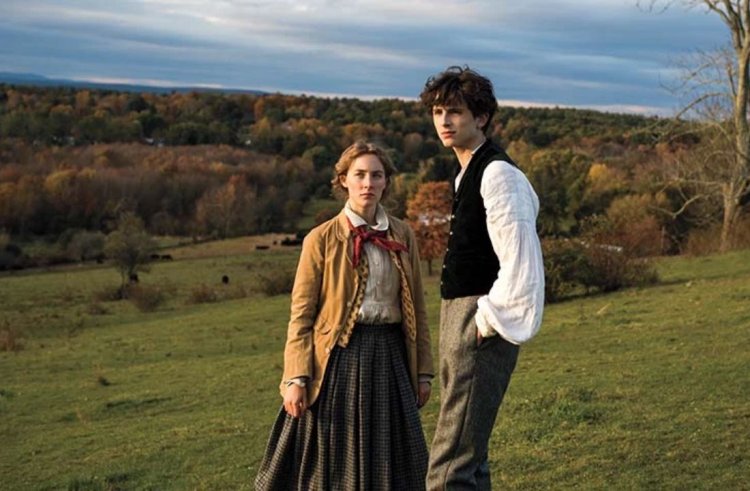
Despite Greta Gerwig's surprising shutdown at the Oscars in 2021, there is not even a pinch of doubt that she did something phenomenal with the adaptation of a classic novel by Louisa May Alcott (spoilers alert). Gerwig added a simple twist to the story as she imagined Jo is the author of the book Little Women. This turned the story into one about achievement and creative passion. This one stroke gave the classic feel fresh by touching its essential nature.
The Color Purple – 1985
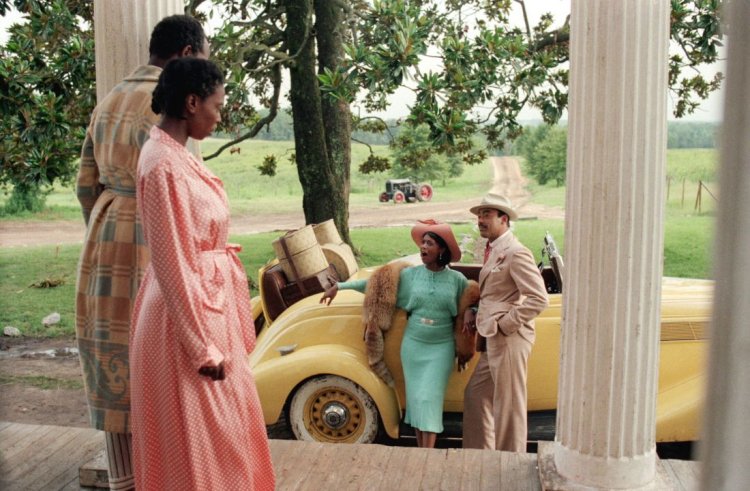
Steven Spielberg crafted a masterpiece adapting a novel by Alice Walker. The movie was incredibly faithful to the novel's plot and characters. This is an achievement as the director completely depends on the performance of his actors to convey the emotional content. At the same time, in the book, the readers are aware of Celie's inner feelings and thoughts. The brilliant performance by the entire cast makes this film worthy of your time.
Also Read: Life changing Biopics to watch that will leave you inspired
Add Block
The Wizard of Oz – 1939
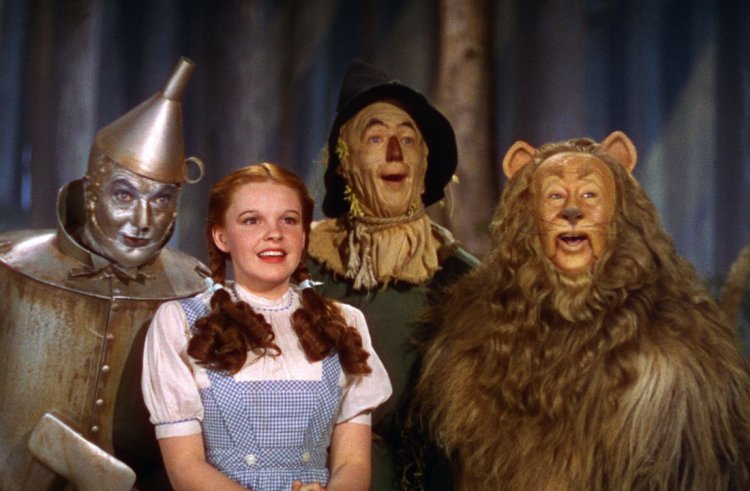
Mostly faithful to the source material! How the 1939 adaptation of The Wizard of Oz book brings the imagination of L. Frank Baum to life is the reason why it is still a powerful part of our cinematic experience. After more than 70 years, it may be easy to forget how incredible this movie looked to the viewers of that time. You can watch this film more than a dozen times and still come across new flourishes.
Add Block
The Remains of the Day – 1993
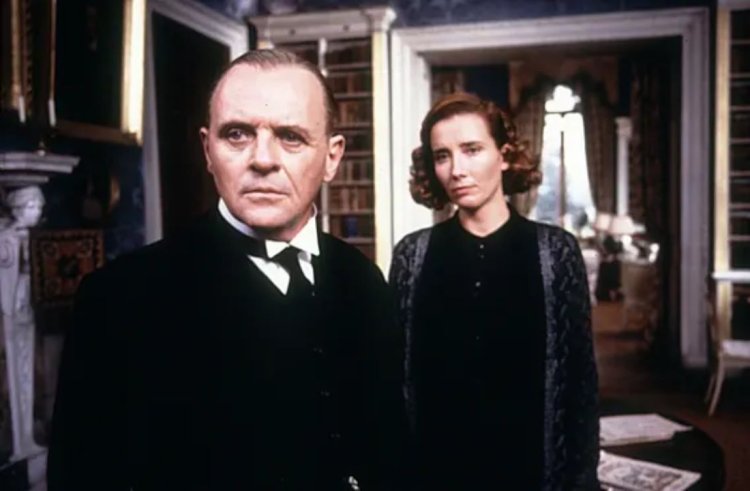
Kazuo Ishiguro's book is a beautiful character study, narrated from English butler Stevens' side. Though the adaptation by James Ivory keeps the fundamental construct intact, it takes a step back as well. The novel is strongly built from Stevens' perspective, whereas in the movie, all the characters are of equal length, leading to a more elaborate view of Stevens' world. The movie's ending is said to be more tragic and less hopeful than the novel, but it suits the controlled and almost chilly atmosphere Stevens built.
Also Read: 15 Never before heard facts about 'Lucifer series' that you must know now!
Sense and Sensibility – 1995
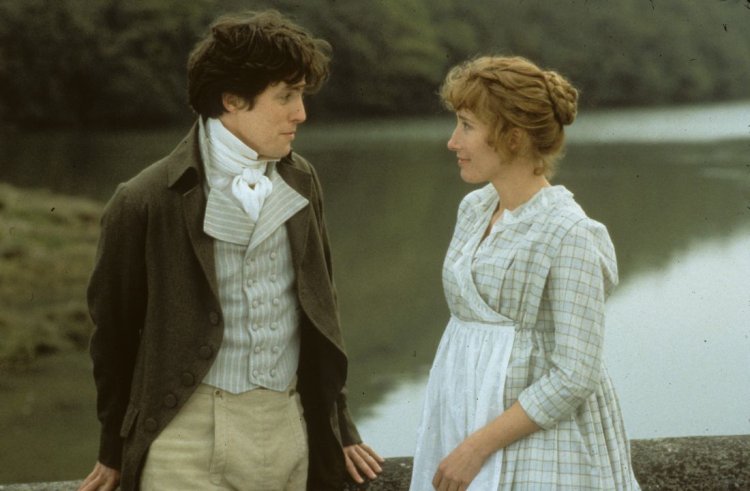
Jane Austen's classic, whose screenplay adaptation was done by Emma Thompson in 1995, and the director was Ang Lee. The movie subtly but effectively altered many characters to make them more appealing without touching the tensions and dynamics of the book. The result was an Oscar for Best Adapted Screenplay for Emma and a movie that never gets old.
Add Block
Forest Gump – 1994
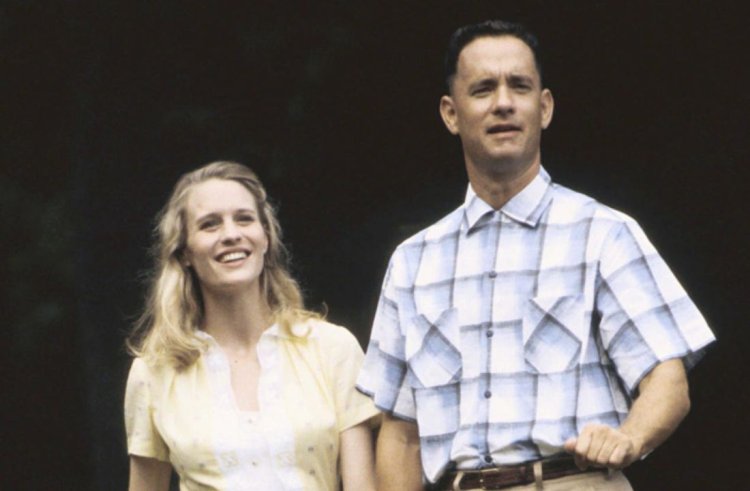
Forest Gump won 6 Oscars; this includes Best Picture as well. It is a divisive movie in some ways – people either find it beautiful and full of wisdom, or they don't. Everyone would agree that this movie took strong source material and crafted an ambitious and creative visual story. The novel by Winston Groom is darker, and the character is more morally complex than the sleek character played by Tom Hanks. Taxing that complexity towards a strangling tour of the 20th century is the secret to this movie’s charm and power.
Also Read: Hollywood Movies that transform the way you perceive the world
Add Block
Persepolis – 2007
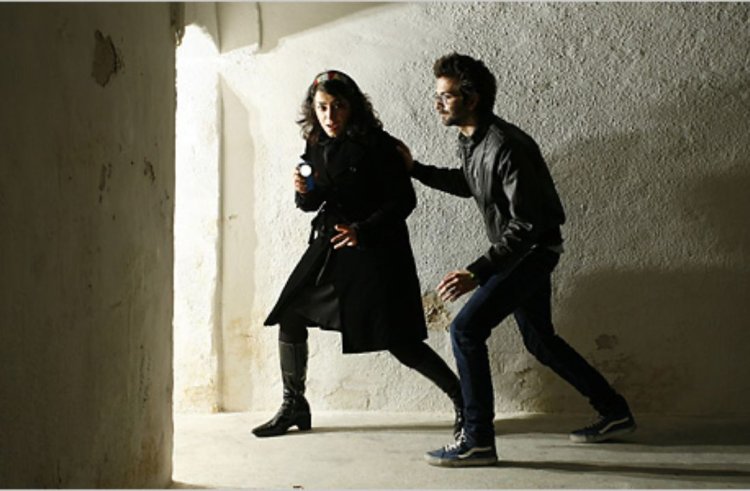
Marjane Satrapi's incredible autobiographical graphic novel's adaptation suits the book's black-and-white, bold art style, giving life to her experiences of growing up in the middle of the Iranian revolution. The film creates a real narrative out of the episodic nature of the novel but, at the same time, remains faithful to the story's voice, tone, and events. The ultimate result is one of the most visually unique experiences of modern times.
Doctor Zhivago – 1965
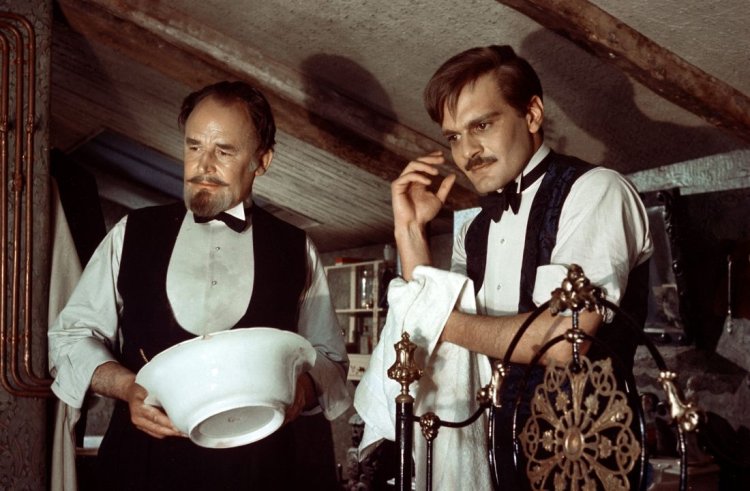
David Lean adapted Boris Pasternak's most popular novel in 1965. The film is extremely faithful to the book's plot, presenting the events in a visually magnificent style. Lean's focus was on the dream-like poet side of Zhivago's character and the love story, leading to a movie that is so beautiful that you can even enjoy it on mute – a feature only a handful of movies have.
Also Read: Here Is The List Of All-Time Best Time Travel Shows On Netflix
Add Block
The Princess Bride – 1987
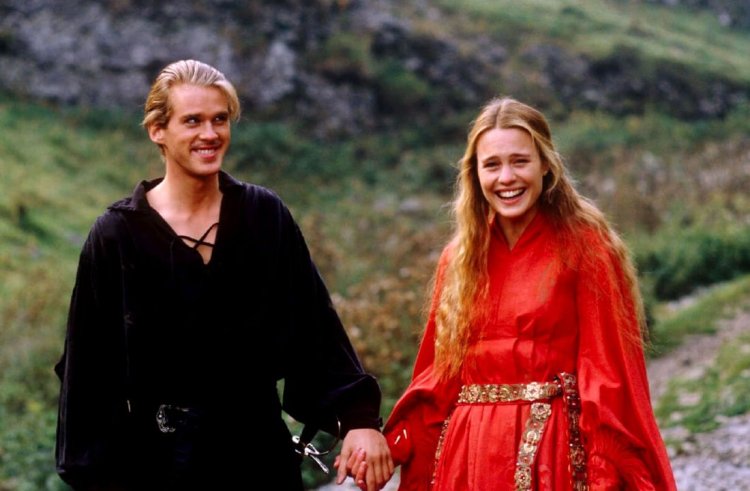
The Princess Bride's biggest achievement is decreasing William Goldman's massive novel into a movie. This is probably because Goldman, an expert screenwriter, even adapted one of his novels, so he knew what he was up to. The end product was an amazingly entertaining story about true love and high adventure, perfectly loyal to the book, simultaneously streamlining the story for a movie.
Add Block
Hidden Figures – 2016
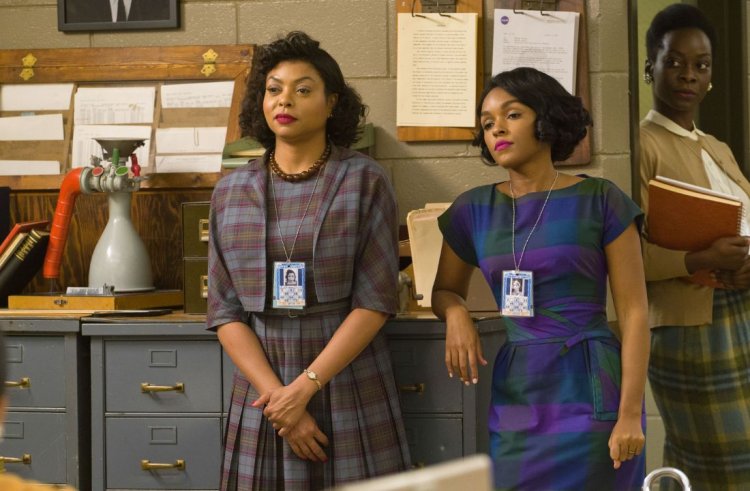
Hidden Figures talks about literal computers and mathematicians named Katherine Johnson, Mary Jackson, and Dorothy Vaughan, who were assigned to the US space program. The movie adaptation of the work by Margot Lee Shetterly is brilliant, to say the least, focusing more on black women's struggle to be considered intellectual equals while crafting a more thrilling, intimate story of victory over adversity.
Also Read: These movie endings that spoiled your mood
Schindler’s List – 1993
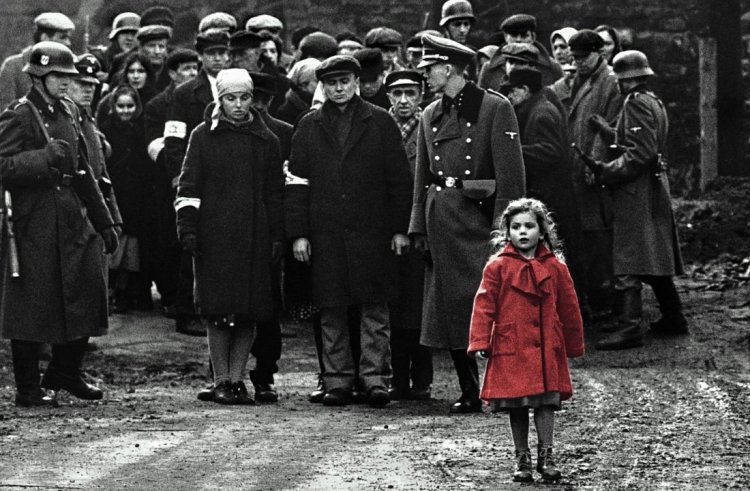
Thomas Keneally's book, adapted by Steven Spielberg, is among the most emotionally moving pieces ever made in cinema history. The film shows one of the most horrible events in history, showing how much humanity can sink and a reminder that no matter what, goodness always survives. Spielberg rearranged the book's chronology and omitted the material, guiltlessly enhancing the story's horror. This bargain entrusted the Holocaust as a slowly emerging wave of terror and genocide caught in hopeless, ominous black & white.
Add Block
Harry Potter – 2002 to 2011
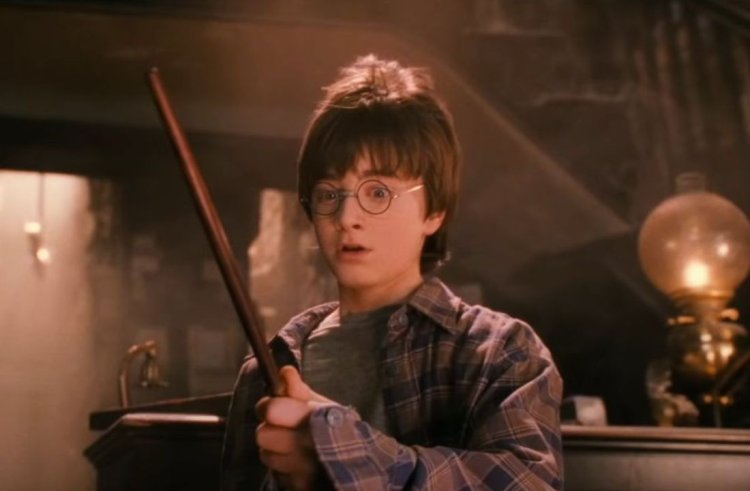
The Harry Potter movie series had two credited screenwriters and four directors and was eight movies long, yet J.K. Rowling's story had to be cut. However, all the Potter movies remained quite loyal to the plot and the character development, which is the author's true genius, following the path of a bubbly children's story to a more morally complex, darker one available in the later books. They are perfect for fans who wish nothing more than to watch the amazing stuff they once read.
Also Read: The Best films that show the end of the World
Add Block
Great Expectations – 1046
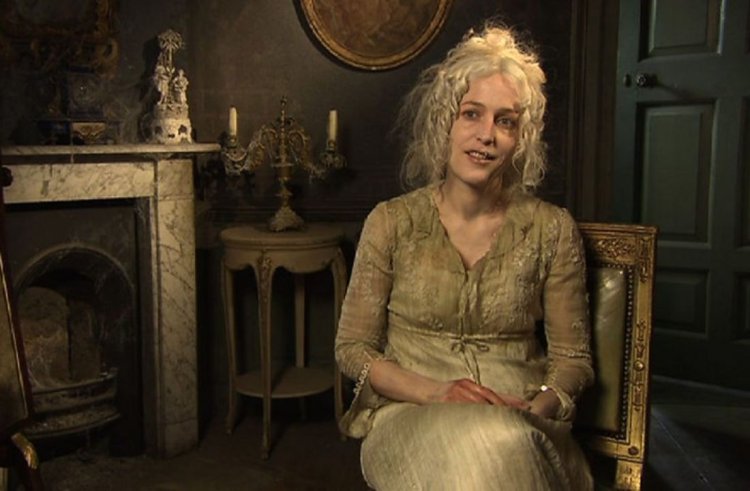
No one would disagree that bringing Charles Dickens' works on screen is always challenging. His books are lengthy, full of multitudes, and usually serial in construct. Although all this Great Expectation by David Lean is regarded as high even now. His script incorporates the plot and the characters in two swift hours without losing anything. Even after over 70 years, the movie feels modern yet loyal to Dickens' work.
The Devil Wears a Prada – 2016
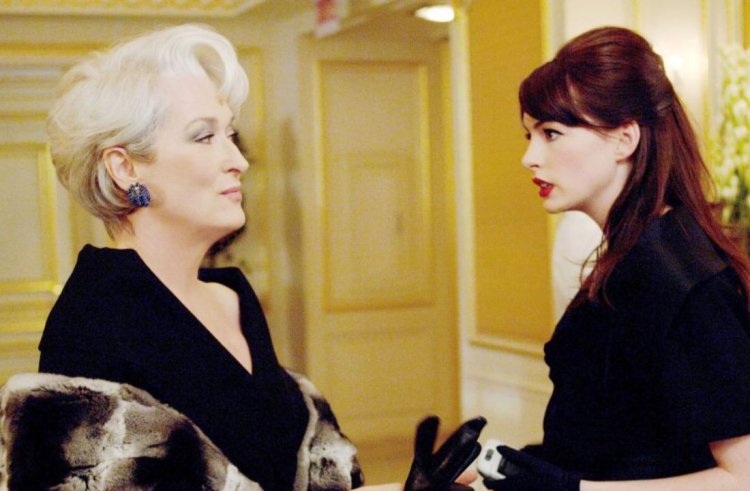
Miranda Priestly is an iconic villain in cinematic history, and the credit for this goes to a novel by Lauren Weisberg. The novel auctioned before it was even finished – ends on a completely emotional note. Still, the movie gives Miranda's character a darker shade and offers the story a denouncement.
Also Read: These are the Netflix Shows to Screw With Your Mind
Add Block
Lord of the Rings 2001 to 2003
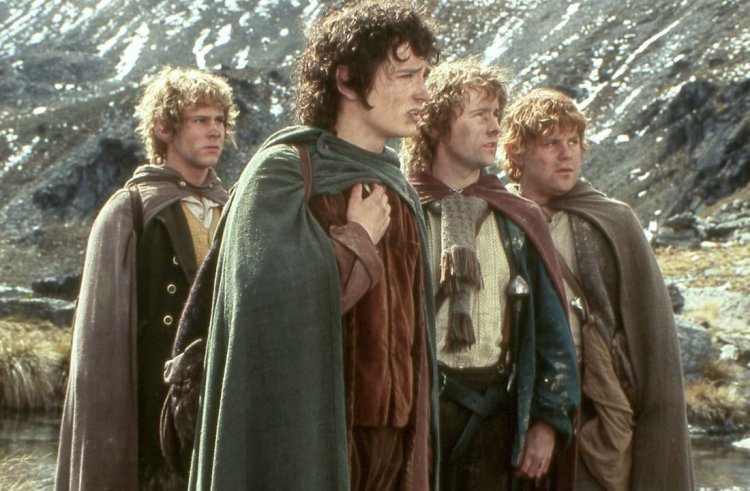
The trilogy of movies by Peter Jackson is very loyal to J.R.R. Tolkiens' classic novels in a wider sense. Jackson streamlined the story a lot, but some complained about having sufficient Tom Bombadil. What Jackson did by taking help from CGI was to present the most popular fantasy universe ever created in a believable way without damaging the beating heart of heroism, hope, and despair.
Add Block
No Country for Old Men – 2007
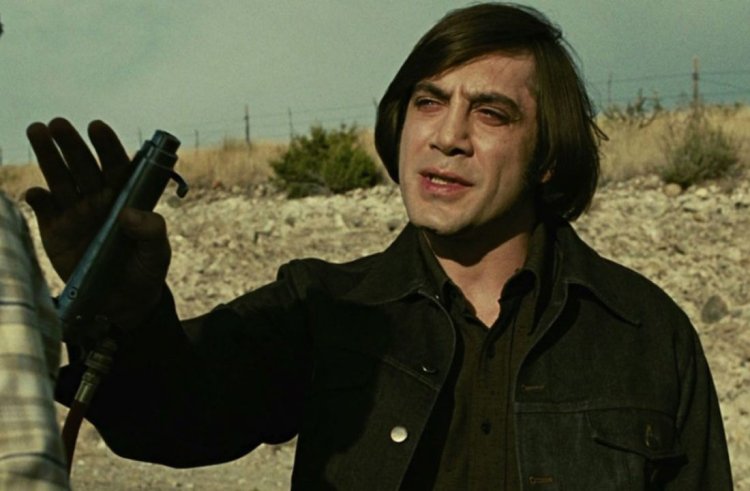
No doubt, Cormac McCarthy is regarded as one of the best novelists for a reason. No Country for Old Men explores the good, the evil, and the chance that they are meaningless differences. The Coen brothers remained faithful to the book. They are so faithful that you should read the book before you watch the movie, or else every sentence written in the book will evoke an image from the movie before you even try to form your images. Although, it is not bad because the film is composed so beautifully.
Also Read: Indian Movies that have been nominated for the prestigious Oscar Awards
Goodfellas based on Wiseguy – 1990
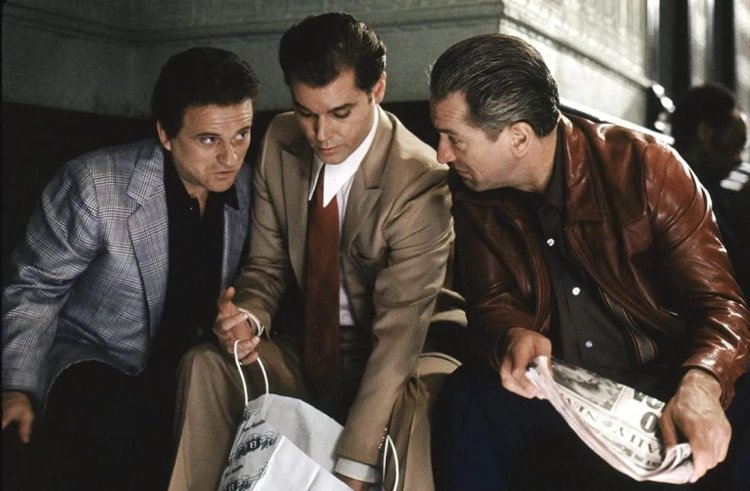
The novel by Nicholas Pileggi was originally named Wiseguy. Martin Scorsese and Pillegi worked so closely with each other on the screenplay that they shared a writing credit. The movie takes the events given in the novel, arranges them, scatters them, and condenses them to create a brisk, exciting cinematic experience. The end is two very different but equally excellent experiences from the same material.
Add Block
Fight Club – 1999
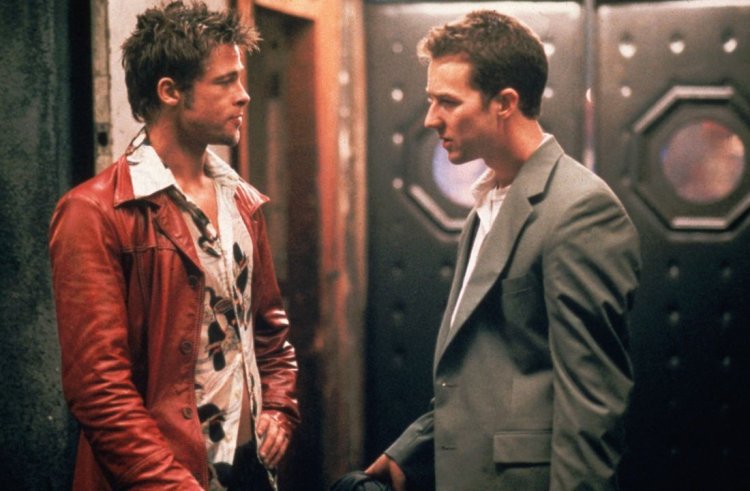
David Fincher's adaptation of a novel by Chuck Palaniuk is remarkably loyal, considering how different the two are. The movie keeps almost everything from the novel but forces a comparatively more traditional structure on it. The novel is mainly a scream of frustration and rage, whereas the movie is a sophisticated criticism of today's consumer culture and the perception of masculinity.
Also Read: Film characters that have left a lasting impression on the minds of film enthusiasts
Add Block
Don’t Look Now – 1973
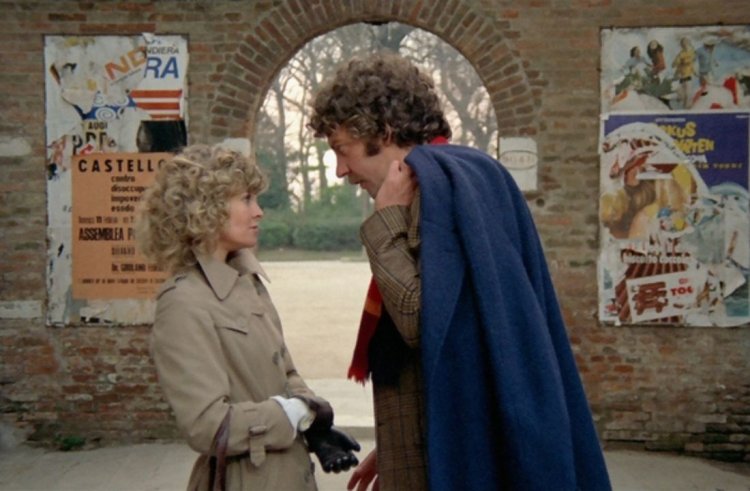
This is one of the greatest horror movies of this century. Don't Look is an extraordinary example of the potential of editing and misdirection. It is completely faithful to the short story by Daphne Du Maurier but stretches it and focuses on the themes that aren't obvious in the original. The end product is a remarkable movie which is a story about grief, and this grief destroys our lives and converts it into a shocker, which continues even when the movie ends.
M*A*S*H – 1970
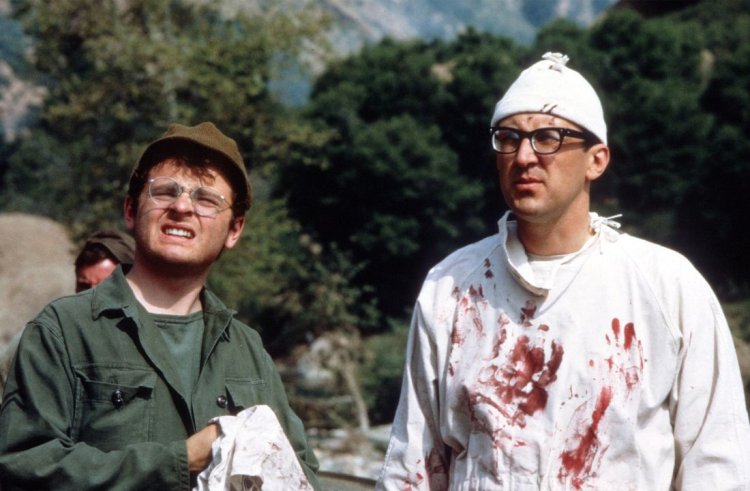
MASH, a novel by Richard Hooker, gave birth to quite a franchise – various sequels, an epic TV series, and Robert Altman's super hit adaptation that brought an Oscar for Ring Lardner Jr. for Best Adapted Screenplay. The book has bawdy stories. Lardner and Altman included almost all the stories with a formal plot structure. The result was a classic that gave Altman the recognition of the mainstream.
Also Read: These are the Movies with future predictions
Add Block
The Bridge Over the River Kwai – 1957
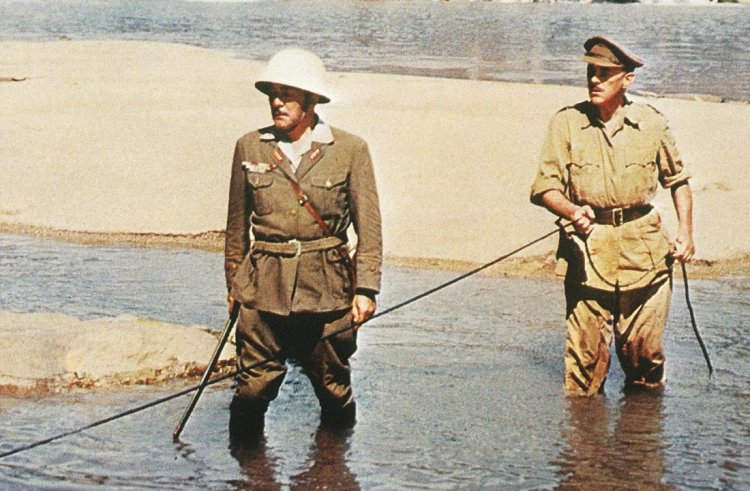
A novel written in 1952 by Pierre Boulle was adapted by David Lean in 1957 and won an Oscar for Best Picture. The movie is faithful to its source as it adjusts one character to let actor William Holden come and give a redemptive moment to another character not found in the book. Lean changed a tale about torture and brutality into a story of the human spirit.





